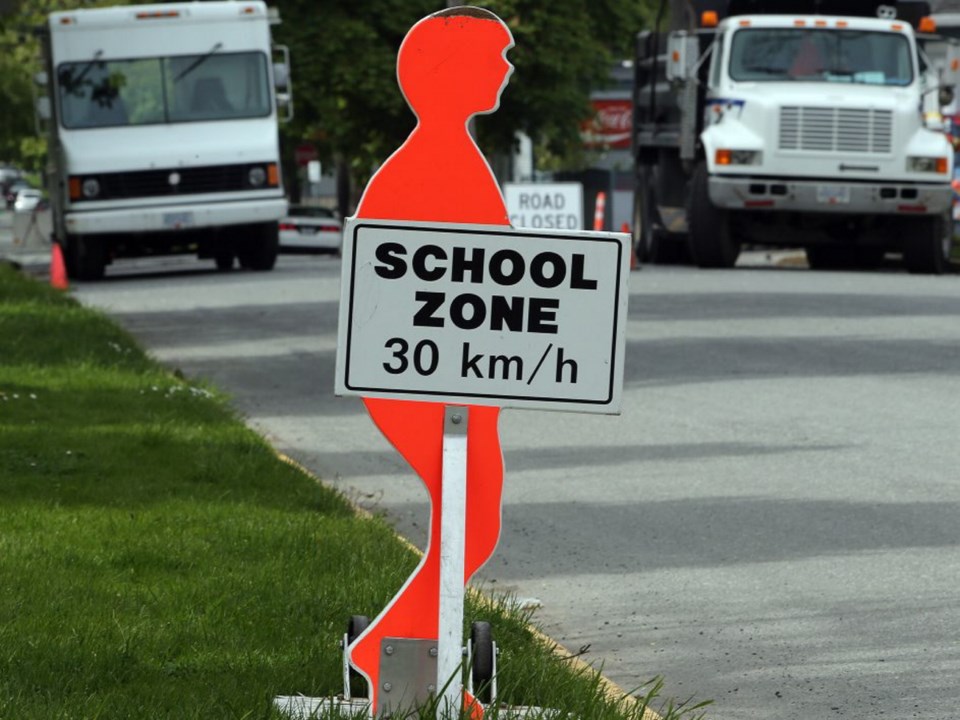B.C. public school students could see smaller classes and more counsellors and librarians on the job by early next year, the president of the B.C. Teachers’ Federation said on Monday.
Glen Hansman said the union is analyzing the impact of its victory in the Supreme Court of Canada last week that restored class-size and composition provisions removed from teachers’ contracts in 2002.
The union expects the province to open discussions with teachers in the coming days and move swiftly to honour the court decision, he said.
Secondary schools could make changes prior to the start of the second semester to reduce class sizes, while elementary schools could add more librarians, counsellors and other specialist teachers in the middle of the 2016-17 school year. “We can get a good chunk of this done fairly quickly,” Hansman said.
The provincial government has yet to offer its own timeline, noting only that the current contract with teachers anticipated the court decision and allows for the two sides to reopen talks on class size and composition.
The B.C. Public School Employers’ Association, which bargains with teachers on behalf of the province, held conference calls with districts Monday to update them on the court decision, but released no details of those discussions.
Premier Christy Clark has said she’s glad the court case is over and that the two sides can sit down and “negotiate” on class size and composition. “We all want to put more special needs teachers in classrooms,” she told reporters in Kelowna last week. “We all want to make sure that classes are the right size for kids. So I’m excited about that possibility we’ve got ahead of us.”
Hansman said that while he’s encouraged by Clark’s enthusiasm, the BCTF has no plans to renegotiate from scratch the language of the provisions, given the high court’s decisive ruling in the union’s favour.
“The only ‘negotiation’ that really needs to occur between ourselves and the province is just how we might do this in an orderly way in this school year and ensure that school districts have the necessary funds so that they can budget appropriately for the following school year.”
He rejected any suggestion that the province could simply refuse to restore the pre-2002 language that set limits on the total number of students in a classroom, capped the number with special needs and required certain numbers of counsellors, librarians and other specialist teachers.
“I think, given now we’re less than 180 days away from the next provincial election, it would be extremely foolish for them to try the same thing for a third time,” Hansman said. “Now’s the time to stop playing games.”
The case dates to 2002 when Clark was education minister and the B.C. Liberal government dismantled teachers’ contracts by passing Bill 28. After the bill was found unconstitutional in 2011, Clark’s government brought in similar legislation to end a teachers’ strike in 2012.
The B.C. Supreme Court found that the government had simply replaced one unconstitutional bill with another, but the Court of Appeal overturned that decision in 2015 with one justice dissenting. Last week, the Supreme Court of Canada sided with the dissenter, Justice Ian Donald, in finding that the government infringed teachers’ constitutional rights by failing to negotiate in good faith.
The BCTF has estimated that the decision could force the province to spend an additional $250 million to $300 million a year to hire more teachers. Clark declined to estimate the cost last week, noting that the province already has a $100-million Learning Improvement Fund to deal with class composition issues.
“We don’t know how much it’s going to cost, but, you know, I think investing in kids is a good investment,” she said. As to concerns that her government will download costs of the court decision on school boards, Clark said: “They shouldn’t worry about that.”



